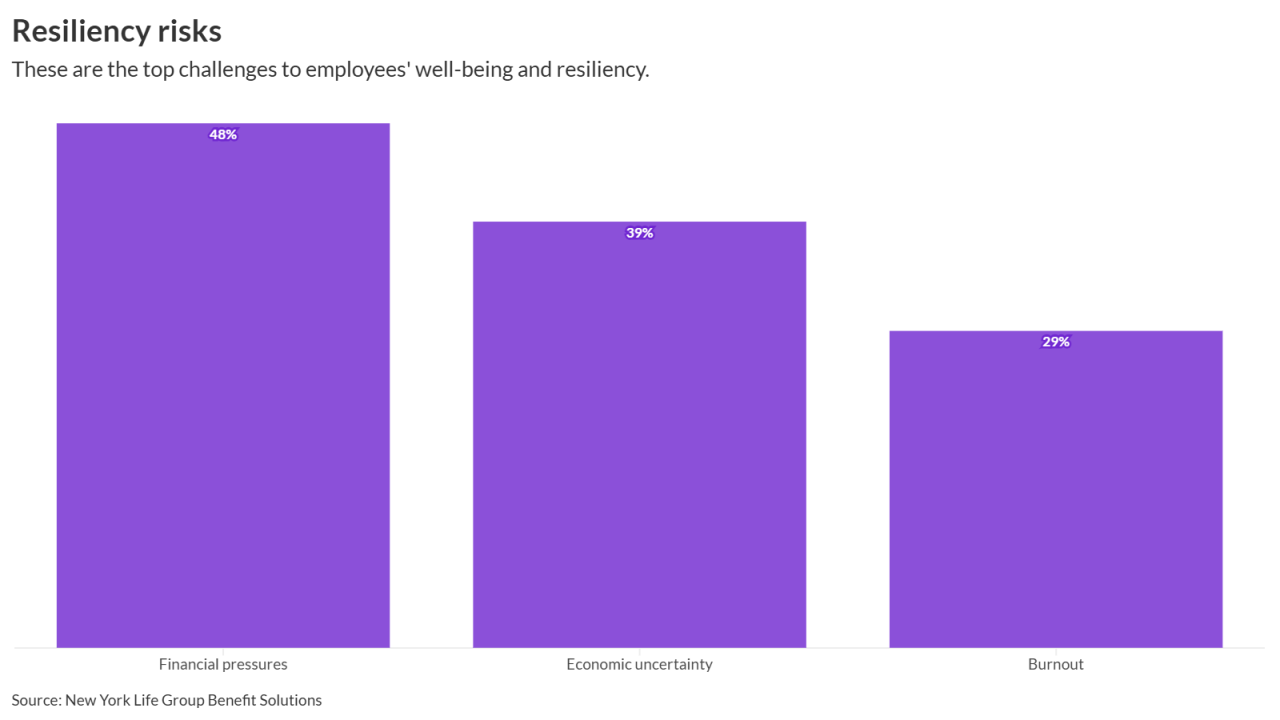Benefit brokers invest their time, resources and money to research and understand the services in our industry and deliver solutions to help employers and group health plan members. But if and when the client chooses to move on and hire another consultant to fit their evolving needs, should the replaced broker “own” a vendor relationship — and if so, for how long?
Insights provided by the broker of record, who is paid to advise and recommend partners based on an employer’s specific requirements, are considered intellectual property. In the insurance business, the broker’s mission is to provide value to their clients as they evolve and grow. Value can come in many forms; it’s the duty of the consultant to determine what is in the best interest of each client.
However, even the best brokers may occasionally lose a client, an unfortunate occurrence our company has seen in the ever-changing marketplace that we serve. What we’ve learned over the years is that many brokers believe the cause is client politics. This has driven some of them to consider removing the strategies they originally sought to implement for their client, which begs the questions I raised earlier.
Read more:
Put another way, is it a best practice for a broker to require that the various vendors they have brought to the relationship dismantle services if they lose an account? If you believe that this is appropriate, then how long does a vendor relationship need to be in place before the existing broker no longer “owns” the relationship?
Some brokers may be inclined to disrupt the services they initially recommended when losing an account. We empathize with our benefit consultant partners who perform their best but are nonetheless replaced by their client. Having been in the business for 36-plus years, our experience has shown that clear heads need to prevail in spite of any disappointment.
Many brokers genuinely care about their clients and work hard to provide innovative, personalized solutions that benefit plan members. In the event that a broker business relationship ends, we believe that it is counterintuitive to cause disruption and remove the solutions put in place that effectively aid health plan members. It goes against the very mission of benefit consultants, which is to serve clients and help plan members.
Read more:
As a consultant, you likely have an altruistic desire to help the employer client achieve their goals. Among the characteristics of top consultants is the genuine, innate desire to help clients and their health plan members. Once business is lost, it is not a best practice to dissemble the solutions brokers once sought to create.
Individuals in the benefit business have high integrity and care about doing what is right for plan members and plan sponsors. We understand that no business relationship is permanent. In fact, the average client stays with their insurance broker for an average of eight to nine years. The reality of the relationship is that brokers are not like to keep a client indefinitely. It’s necessary to determine what’s valuable for clients and work to always provide value — not just while they are the broker of record.
A consultant is getting hired to provide effective, invaluable solutions. A consultant is not hired to provide solutions only for as long as the client engages their services. They must continue to provide value to justify their fee. As an example, if a specific provider were to allow patients to only use one pharmacy for filling all of their medications, it would be counterintuitive to prevent patients from using another pharmacy if they switch providers. The goal is to provide care and adhere to the needs of health plan members.
Read more:
If a client decides to go in a different direction, it’s important for brokers to understand that prospective clients will be seeking brokers with integrity that provide meaningful value on an ongoing basis. The best practice is not to allow the termination of a client relationship to dismantle your innovative, effective solutions for former clients and plan members.





